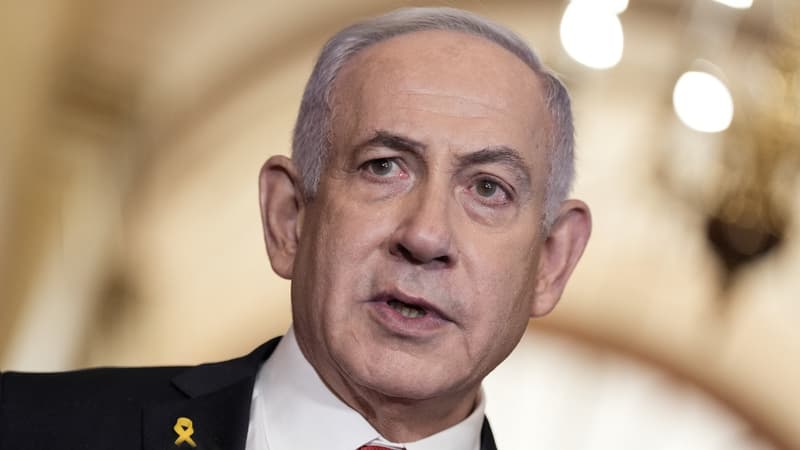Israel announced on Monday, May 5, after having hit the Hodeida infrastructure on Monday, May 5 in Hodeida, in western Yemen, in response to the “attacks” of the allied rebels Yemeni of Iran, who claimed the day before a shot at the main Israeli airport.
The Israeli army said the infrastructure mentioned in the port of Hodeida, using missiles and drones were used for the “transfer of Iranian weapons and military equipment.”
These strikes were carried out “in response to the repeated attacks of the Hutí terrorist regime against the state of Israel,” the army added, specifying that it had addressed a cement center in the east of the city that describes as “an important economic resource for the hutis.”
The Hutis, who control a large part of Yemen, had previously accused the United States of having carried out attacks on Sanaa, the capital of the country in their hands, and denounced “American-Israeli” attacks in Hodeida.
Affirming to act in solidarity with the Palestinians, the hutis claimed dozens of missiles and drones against Israel, located more than 1,800 kilometers from Yemen, since the beginning of the war between Israel and Hamas in Gaza. Almost all the shots were intercepted.
They also multiplied the attacks against ships that they consider linked to Israel in Yemen.
Israel has led in recent months several attacks against Houthi’s strategic objectives in Yemen, while the United States, Israel’s main ally, intensified his rebels from Donald Trump’s return to the White House.
An unprecedented attack
On Sunday, a missile thrown by the hutis had hit directly for the first time, according to the Israeli army, within the perimeter of Ben Gurion airport, near Tel Aviv. Israeli Prime Minister Benjamin Netanyahu had promised to take reprisals against the Hutis and against Iran.
On Monday, the rebels said that a dozen US attacks attacked Sanaa before Dawn, who was 16 years old according to his news agency, Saba. Houthis Television Al-Masirah later announced that three other attacks had pointed to Sanaa and seven others from the Al-Jawf governorate in the north.
In the early afternoon, Al-Masirah denounced “an American-Israeli assault”, claiming “six attacks against the port of Hodeida”, as well as other attacks against the District of Bajil, in the same governance controlled by the rebels. However, an American military official denied that the United States has participated in Israeli strikes.
On Sunday, the Hutis claimed the attack on Ben Gurion airport, carried out “with a hypersonic ballistic missile.” The rebels said that “they will strive to impose a blocking of total air to the Israeli enemy by repeating the airports repeatedly (…) more particularly the Ben Gurion airport”, where air traffic was briefly interrupted.
According to an AFP photographer, the missile fell into an area planted with trees next to an access ramp for the parking lots of Terminal 3. Emergency services reported six light injured.
“Many Bumes”
Benjamin Netanyahu immediately promised to retaliate. “We have acted against them in the past and we will act in the future, but I cannot detail (…) it will not go +a single boom +, but there will be +many bumes +,” he warned.
“The attacks of the hutis emanate from Iran. Israel will respond to the attack (this) attack against the hutis (…) in due time and in a place chosen by us, to their Iranian terrorist teachers,” he added.
Iran denied on Monday to have helped the hutis for this attack. The head of Iranian diplomacy, Abbas Araghchi, also accused Israel of wanting to train the United States in a “disaster” in the Middle East.
“The mortal support for Netanyahu’s genocide in Gaza and the war librada on behalf of Netanyahu in Yemen did not bring anything to the American people,” Araghchi told X, warning against “any error against Iran.”
The Israeli security firm on Monday approved an extension of military operations aimed at the “conquest” of the Gaza Strip, after the mobilization of tens of thousands of reservists.
Source: BFM TV


